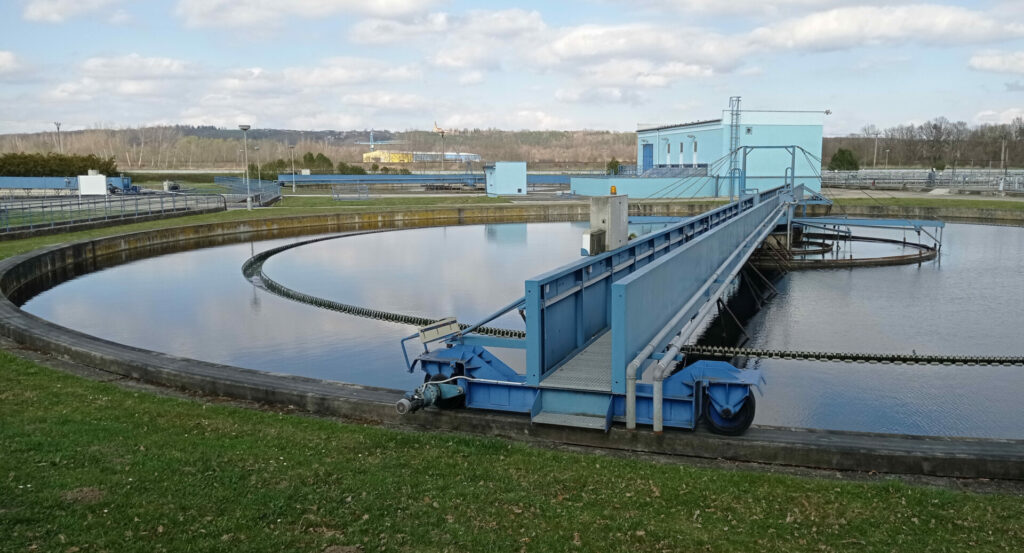The Federal Government is tightening regulations on PFAS and perchlorate in water used for food and drink production, announced the health and agriculture ministers Frank Vandenbroucke (Vooruit) and David Clarinval (MR) on Wednesday.
These two chemical substances are difficult to biodegrade and can lead to increased health risks in the event of prolonged exposure. A new Royal Decree should provide better protection.
"Environmental contamination with persistent compounds such as PFAS and perchlorate is widespread," stated Clarinval. "After a European regulation covering maximum levels for certain contaminants in foodstuff, and the transposition of the Water Directive, we suggest stricter measures for the four most frequent PFAS and perchlorate to ensure better safety of the food chain in Belgium."
The royal decree is set to strengthen regulations alongside regional norms for tap water. Five years after its publication, the target value of four nanograms per litre will apply to the four most common PFAS.
Moreover, the decree plans to enforce a limit value of 13 micrograms per litre for perchlorate. However, a transitional period will be in place to adopt the necessary measures. Should there be infringement, the Federal Agency for the Safety of the Food Chain (AFSCA) can impose penalties.
PFAS has become a topic of discussion across the country. These chemical substances are found in numerous products and are prevalent due to frequent use. Perchlorate is mainly used in the production of fireworks, fertilisers and ammunition. As for PFAS, it does not easily break down and dissolves readily in water.
There are multiple ways of exposure to PFAS and perchlorate, including ingestion via food or water, inhalation, or skin contact.

